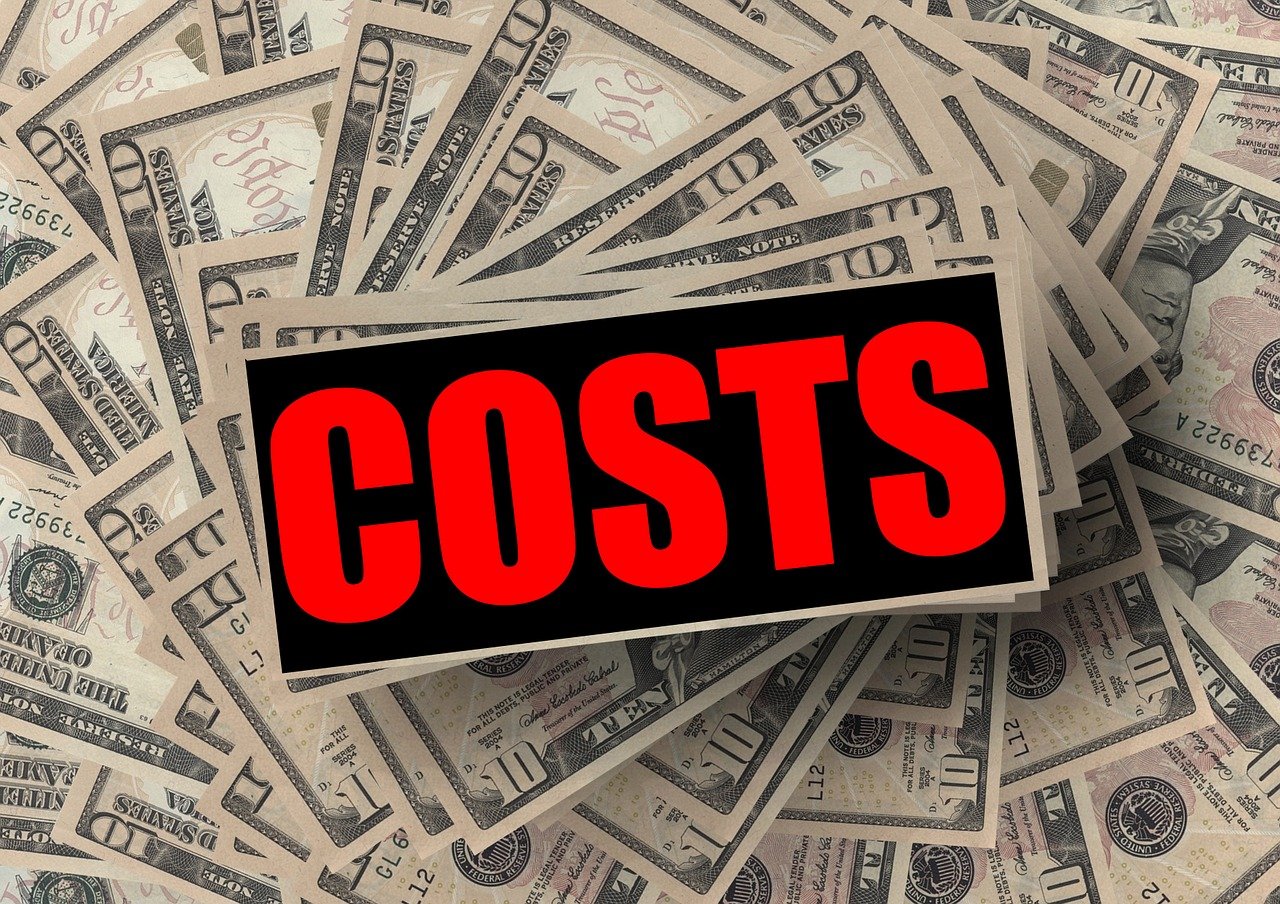The most immediate disadvantage of seller paying closing costs is the direct reduction in your net proceeds. When selling a home, it’s common for buyers to ask sellers to cover some or all of the closing costs as part of the negotiation. While agreeing to pay closing costs can help seal the deal, it’s not always in the seller’s best interest. In fact, there are several disadvantages of seller paying closing costs that every homeowner should carefully consider before signing on the dotted line.
In this article, we’ll explore the potential drawbacks of covering buyer closing costs and how it could affect your home sale, net proceeds, and negotiation power.
1. Reduced Net Profit for the Seller
One of the most significant disadvantages of seller paying closing costs is a direct reduction in your net profit. Closing costs can range from 2% to 5% of the purchase price. For example, if you’re selling a home for $400,000 and agree to pay $10,000 in closing costs, that’s $10,000 coming out of your equity.
Even if the home sells for full asking price, the actual take-home amount is lower. This can be a tough pill to swallow—especially if your margins are already tight or if you’re using the proceeds for your next home purchase.
2. Artificially Inflated Purchase Price
To accommodate seller-paid closing costs, buyers often offer a higher purchase price so the costs can be “rolled in.” While this tactic works in theory, it comes with risk.
If the home appraises lower than the inflated price, the deal could fall apart unless the buyer is willing to cover the gap in cash. Lenders won’t approve a loan above the appraised value, and renegotiating the price last minute can delay the closing—or derail it altogether.
This can lead to added stress, lost time, and missed opportunities with other potential buyers.
3. Reduced Negotiating Power
Agreeing to pay the buyer’s closing costs may appear generous, but it weakens your leverage in the negotiation process. Once you concede to covering those costs, the buyer might feel empowered to ask for additional repairs, concessions, or contingencies.
It sets a precedent that you’re willing to accommodate, making it harder to stand firm on other terms. In a competitive market, this could lead to a slippery slope of giving up more than you initially intended.
4. Perception of Desperation
Offering to pay closing costs can sometimes signal desperation to buyers or their agents—especially if the property has been sitting on the market. It may raise red flags or lead buyers to question why you’re so eager to help them with upfront costs.
Rather than attracting serious offers, this tactic can inadvertently encourage lowball offers or over-negotiation, putting sellers in a weaker position.
5. Tax Implications and Confusion
Although paying closing costs doesn’t directly increase your tax liability, it can complicate your financials. For example, you may end up reporting a higher sale price due to rolled-in costs while actually receiving less money. This discrepancy can lead to confusion when filing taxes or calculating capital gains, especially for those unfamiliar with real estate accounting.
Consulting a tax professional is essential, but the bottom line is that seller-paid closing costs can add an extra layer of complexity that some sellers would rather avoid. Here is a great real estate calculator for you.
6. Encourages Less-Qualified Buyers
By covering closing costs, sellers may unintentionally open the door to buyers who are financially overextended. These buyers might not be truly ready for homeownership if they can’t afford their own closing fees.
While helping first-time homebuyers may seem noble, it can backfire if the buyer’s financing falls through or if they’re unable to maintain the home long-term—leading to a failed sale or post-closing issues.
7. It May Not Be Necessary in a Seller’s Market
In a hot market where demand is high, offering to pay closing costs is often unnecessary. When multiple buyers are competing for your property, most are willing to cover their own expenses to secure the home.
In these scenarios, volunteering to pay closing costs leaves money on the table. Smart sellers in strong markets lean into the competition instead of giving away equity.
8. Potential Delays in Closing
When seller-paid closing costs are involved, the transaction can become more complex and require additional lender review or underwriting approval. This can lead to delays or last-minute issues, especially if the buyer’s financials are marginal.
Delays in closing not only waste time but can also impact your moving plans, the purchase of a new home, or even lead to added costs if you’ve already vacated the property.
9. Impact on Future Real Estate Deals
If you’re selling one home in order to buy another, every dollar counts. Paying someone else’s closing costs may leave you with less cash for your own down payment, closing fees, or moving expenses.
This can reduce your flexibility and delay your next purchase, or force you to settle for a less desirable home or loan option.
When Might It Make Sense to Pay Closing Costs?
While there are several disadvantages of seller paying closing costs, there are situations where it can be a strategic move:
- Buyer’s market conditions where competition is low
- Older properties that may be harder to sell
- Homes with issues that require incentives to attract buyers
- Tight timelines where you want a quick sale
In such cases, covering closing costs can make your listing more appealing. The key is to make sure the pros outweigh the cons based on your goals and market conditions.
Final Thoughts
Understanding the disadvantages of seller paying closing costs can help you make a more informed decision when selling your home. While it might help speed up the sale or attract buyers, it’s important to consider how it impacts your net profit, negotiation power, and financial plans.
Before agreeing to any concessions, consult with your real estate agent to assess current market dynamics and explore other options for creating a win-win situation without giving up too much.
If you do decide to cover closing costs, make sure it’s a calculated move—not just a knee-jerk reaction to buyer pressure.
Need help navigating your home sale? Our expert real estate team can help you maximize your profit while minimizing costly mistakes. Contact us today for a free consultation.


No responses yet